GERD
One of the most common digestive disorders is Gastroesophageal Reflux Disease (GERD), affecting about 20% of the US population.
If you are part of this statistic, you are not alone, and Easy Belly is here to help.
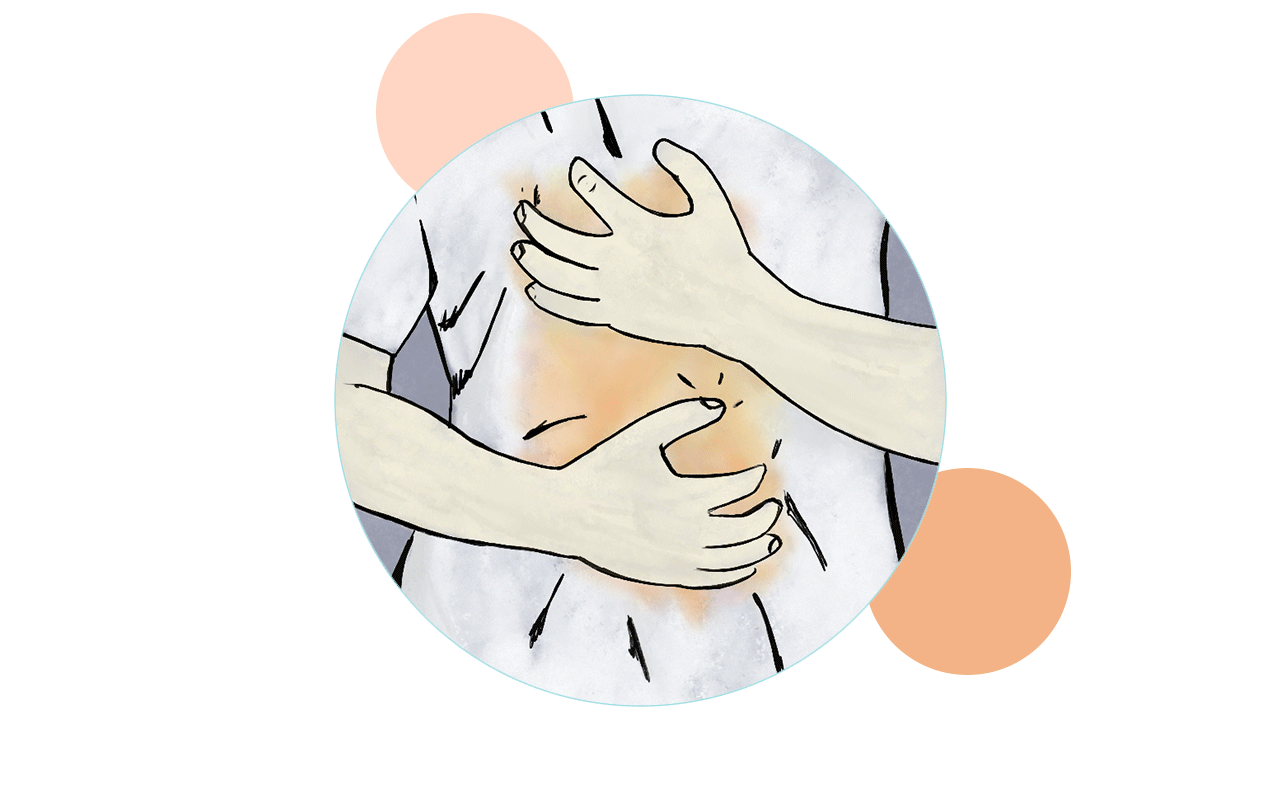
GERD
Many people suffering from GERD report heartburn due to stomach acid flowing backward, into the esophagus — the tube that brings food from your mouth down to your stomach. Imagine having a faulty door between your stomach and esophagus, allowing acid to seep back up rather than staying in the stomach and moving further down your digestive tract. Acid in the esophagus can cause discomfort and a burning sensation in your chest, especially after meals or when lying down.
Early identification and treatment of GERD is essential. This allows us to work to understand the root cause of your symptoms and make changes to not only improve your symptoms but also to prevent more serious complications from untreated GERD like esophagitis, esophageal stricture, or even a heightened risk of esophageal cancer.
What Causes GERD?
The following are some known factors that may contribute to GERD.
Increased external pressure reducing accommodation capabilities of the stomach
When food or drink is consumed, the contents then move down the esophagus into the stomach. The stomach will expand to accommodate the food or drink consumed. Weight gain and obesity can cause increased external pressure on the stomach that prevents the stomach from expanding enough to accommodate the consumed contents, resulting in increased pressure in the stomach that propels acidic contents into the esophagus.
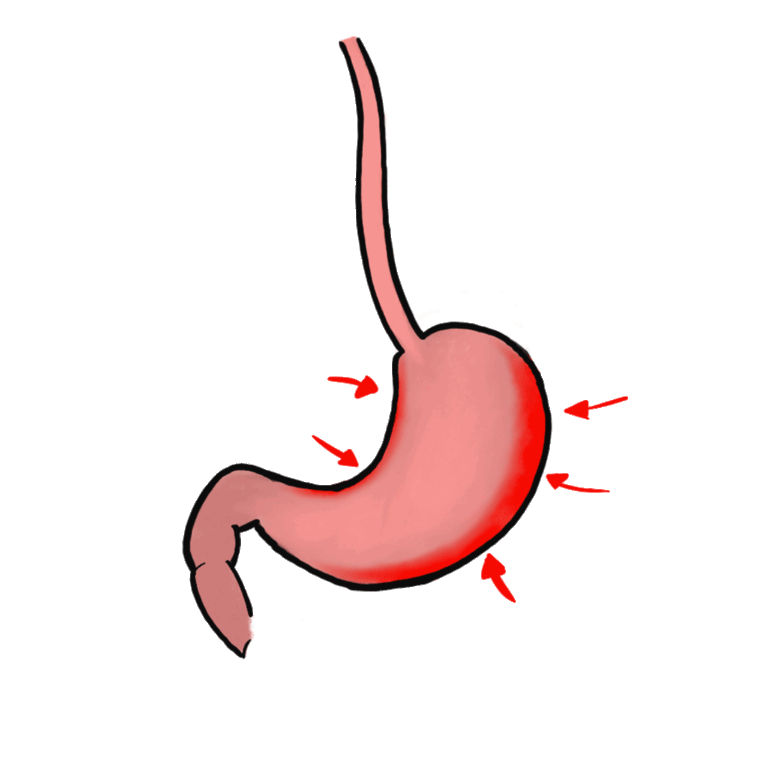
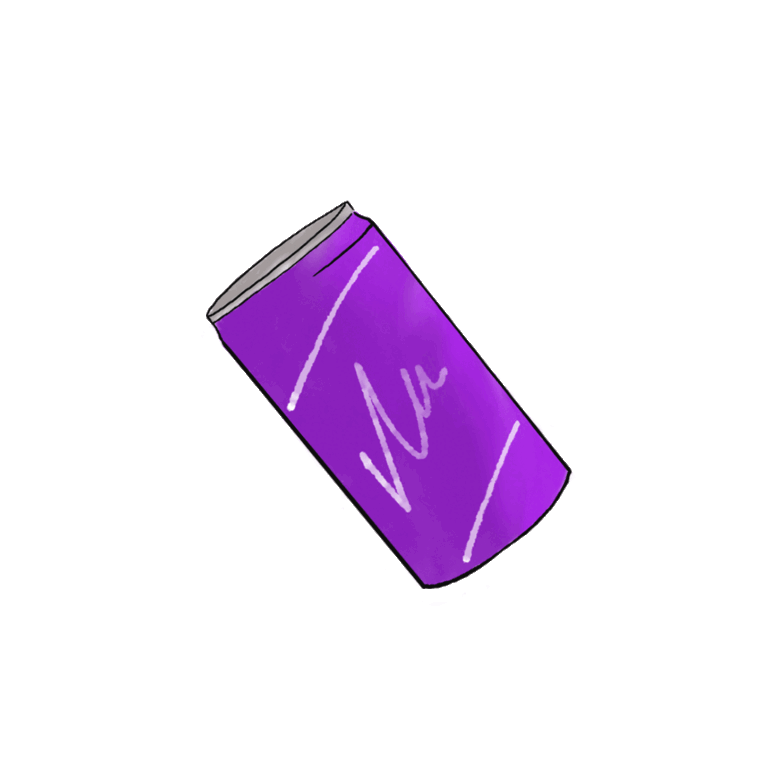
Engaging in activities that increase the pressure in the stomach
Increased pressure in the stomach can also come from the items consumed. For example, carbonated beverages bring air into the stomach that non-carbonated beverages do not. This increased air can increase the pressure in the stomach, resulting in backward reflux of acidic stomach contents into your esophagus.
Engaging in activities that relax the lower esophageal sphincter
There is also a sphincter in your lower esophagus that when contracted, can help keep acidic contents in your stomach. When the sphincter is relaxed, it can be easier for acidic content to move backward, out of the stomach and into the esophagus, causing heartburn. Certain foods and behaviors can relax the lower esophageal sphincter and cause heartburn. Examples of these foods include fatty foods, spicy foods, fried foods, chocolate, coffee, peppermint, garlic and onions. Other behaviors that relax the esophageal sphincter include smoking cigarettes or consuming alcohol.
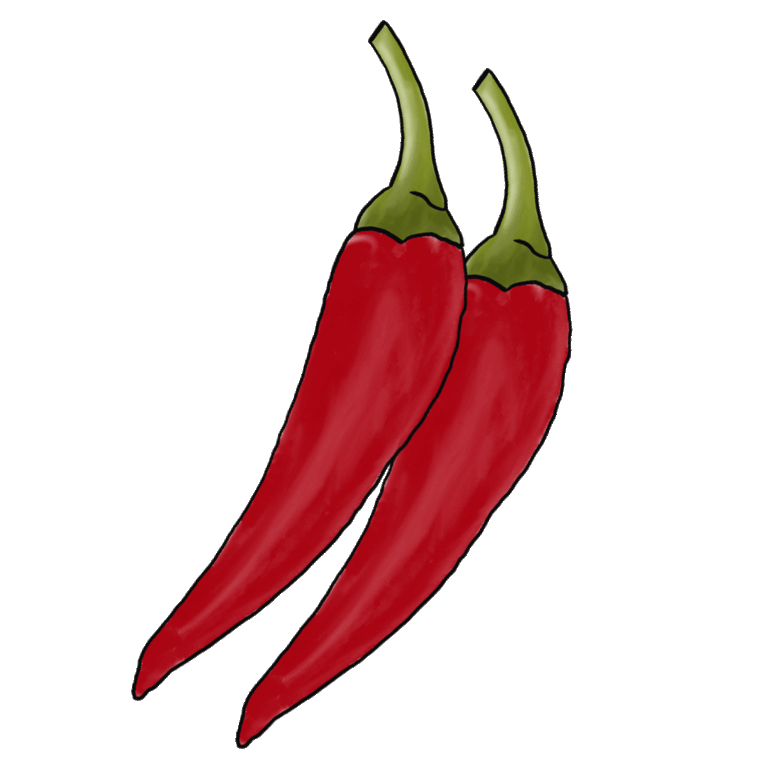

Consumption Of Highly Acidic Foods
Consuming highly acidic foods is thought to increase the acid content in your stomach. This can result in more acidic content going into your esophagus, causing irritation and symptoms of GERD. Examples of highly acidic foods include tomatoes, tomato based products such as red sauces, and citrus fruits and juices such as oranges, grapefruits, and pineapples. Avoiding highly acidic foods may reduce the acid content in the stomach and improve GERD symptoms.
Engaging in behaviors that reduce the pull of gravity
In addition to an esophageal sphincter helping keep stomach contents in the stomach, there is a natural pull of gravity that encourages stomach contents to move down, into the bowel, rather than up, into the esophagus. Certain behaviors can reduce this gravitational force. Laying flat after a meal, or laying flat or on your right slide when sleeping can weaken this natural gravitational force, making it easier for acidic stomach contents to reflux backward into the esophagus.
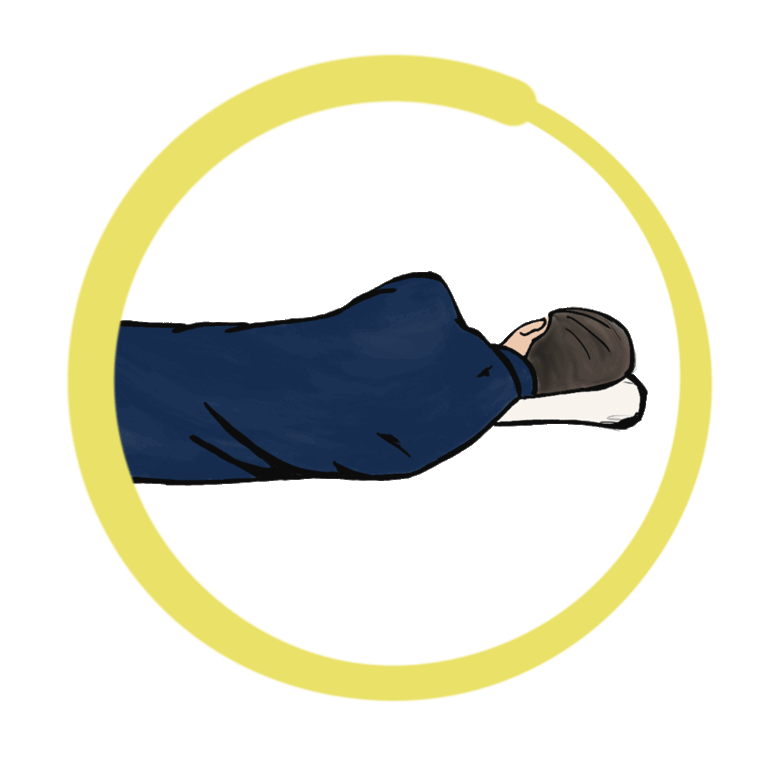
Common GERD symptoms:
The most common symptom of GERD is heartburn, a burning sensation felt behind your breastbone that can move up to your throat. However, GERD can also present in many other ways such as:
❗️Chronic cough
❗️Hoarseness of the throat
❗️Difficulty swallowing
❗️Regurgitation of food or sour liquid
❗️Change in voice
❗️Asthma
❗️Throat clearing
❗️Post-nasal drip
❗️Erosion of the teeth
If you have any of these symptoms, you can certainly try our tips and tricks or personalized treatment plans to improve any underlying GERD that may be contributing. At the same time, it is also important to make sure that you discuss these symptoms with your primary care provider so that other causes are also evaluated for and appropriately managed.
GERD Treatment Options
A wide range of treatment options are available, and your treatment plan should be tailored to your specific needs. Treatment options can range from lifestyle modifications—like dietary changes, weight loss, or avoiding triggers—to the utilization of over-the-counter antacids, histamine-2 (H2) blockers, Proton Pump Inhibitors (PPIs), or prescription medications. PPIs and H2 blockers work by making your stomach contents less acidic; that way, if reflux of stomach contents into the esophagus occurs, at least the refluxed content will be less acidic and less likely to cause irritation to the esophagus and pain (heartburn). In some cases, further evaluation through procedures like an upper endoscopy may be necessary to understand the underlying causes better and guide treatment.
The following are some easy and immediate things you can do to relieve your GERD symptoms.
GERD Relief Checklist
Easy and immediate things you can do to relieve your GERD symptoms.

Focus on General Health
Maintain a healthy body weight, avoid cigarette use, reduce your stress, and stay upright 2-3 hours after meals & drinks.

Avoid food triggers
Eat smaller meals, avoid fatty foods, spicy foods, acidic foods such as citrus & tomatoes, chocolate, and peppermint.
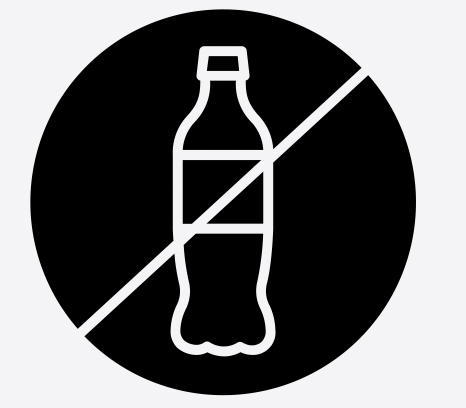
Drink Well
Avoid carbonated and caffeinated beverages and reduce alcohol consumption.
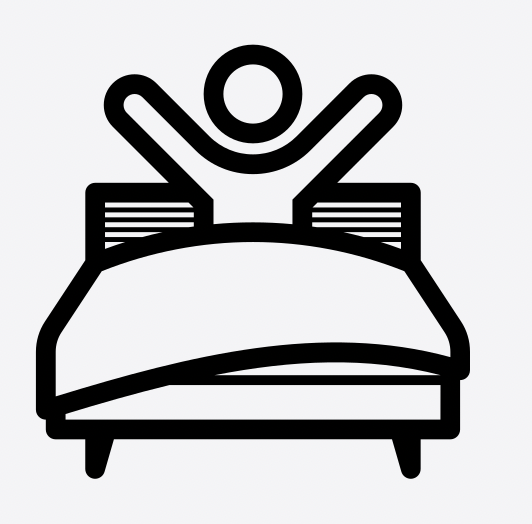
Adjust your sleep position
Sleep with the head of the bed elevated and sleep on your left side.

Incorporate Stress Reduction Techniques
Try diaphragmatic breathing and meditation to reduce daily stress.
![]()
Try an OTC remedy
If needed, try an over-the-counter antacid (like Tums or Mylanta), PPI (Esomeprazole or Oromeprazole), or H2 Blocker (Famotidine).
Remember, this approach is for people with Heartburn without alarm symptoms and is intended to help you as you await seeing your GI provider.
If you have any of the following alarm symptoms, please let your doctor know so that they can expedite having you seen.
Alarm symptoms most often include but are not limited to blood in the vomit, abdominal pain/heartburn that awakens you out of sleep, unintentional weight loss, family history of esophageal, pancreatic or gastric cancer, heartburn symptoms started after age 50, irritable bowel syndrome diagnosed after age 40.
Telemedicine Consultation
At Easy Belly, we place a strong emphasis on long-term patient-centered care.
Our goal is to help you understand your condition, explore your options, and decide on a treatment plan that best suits your needs and lifestyle.

